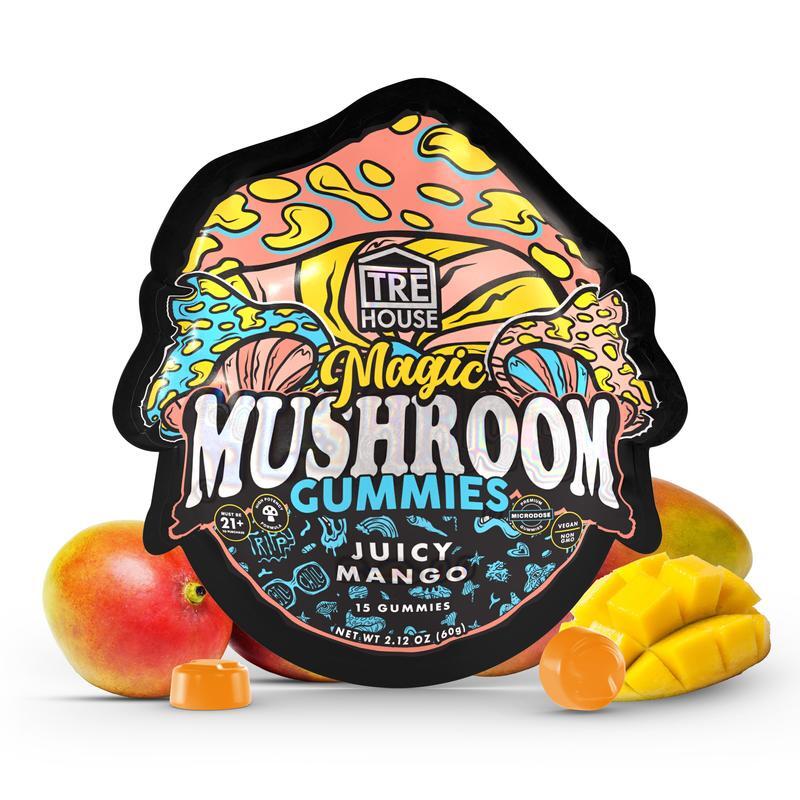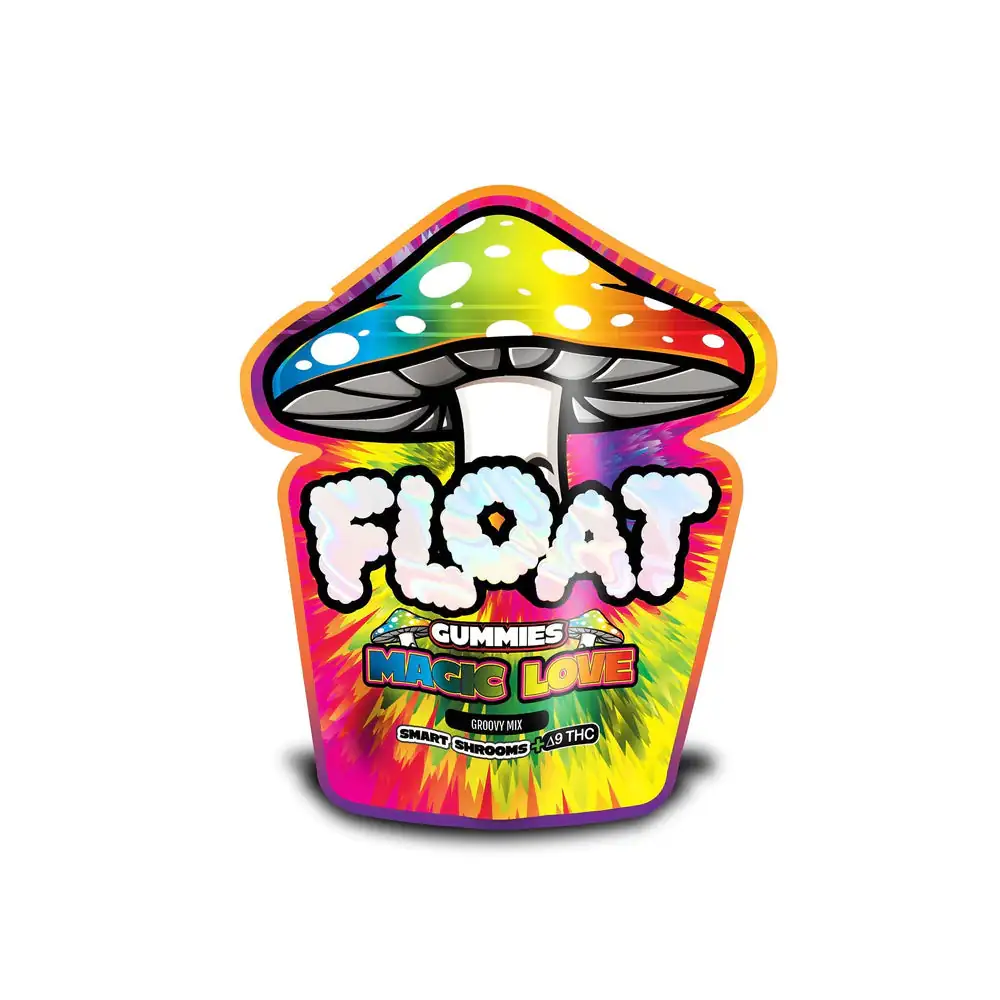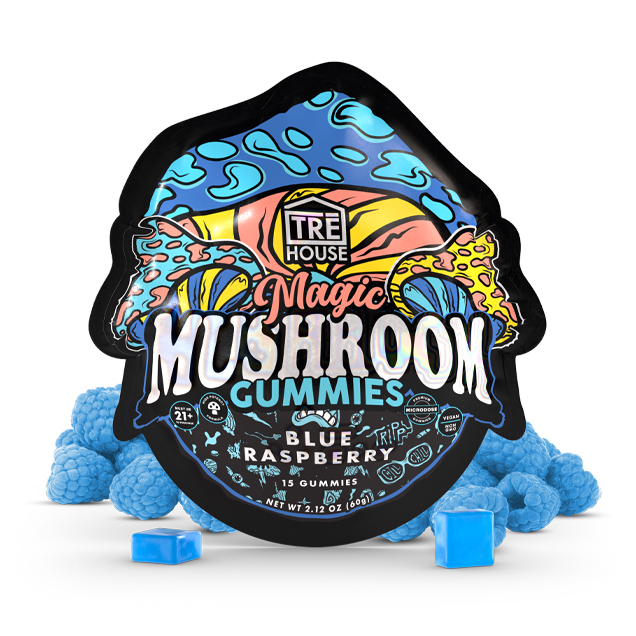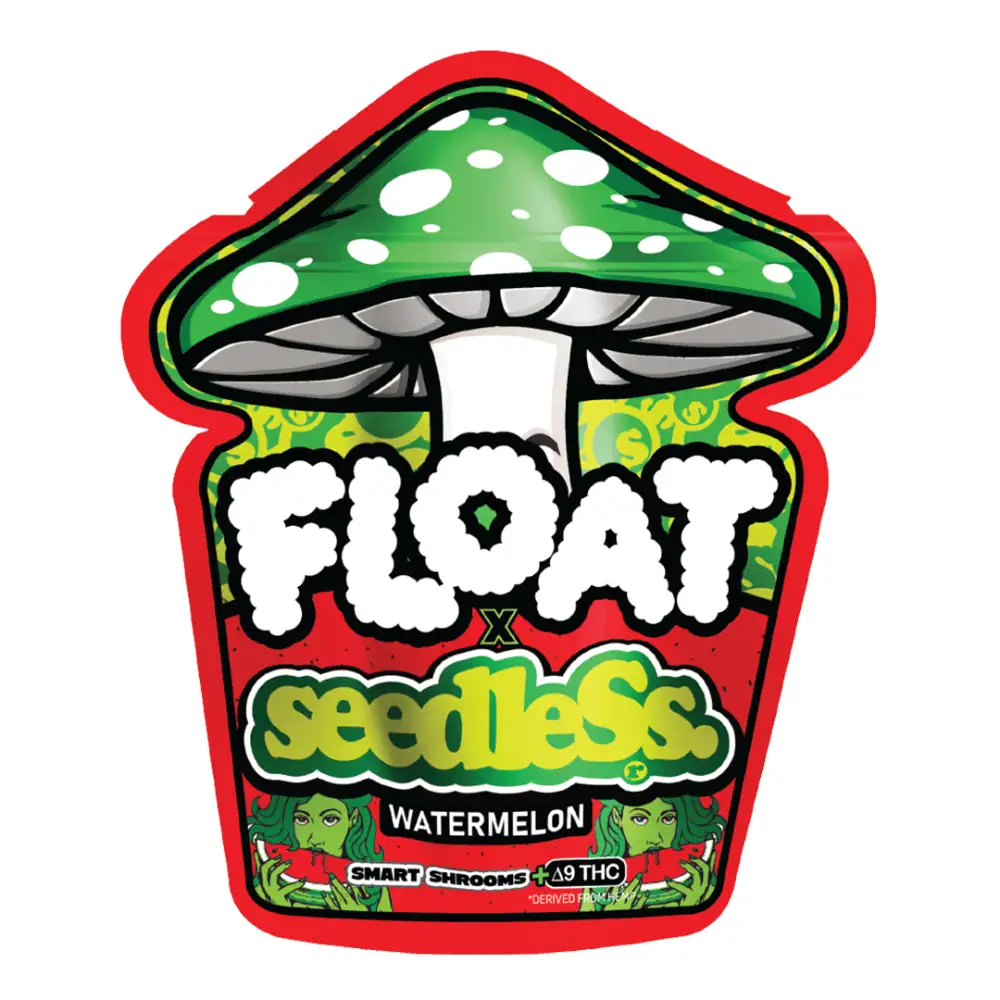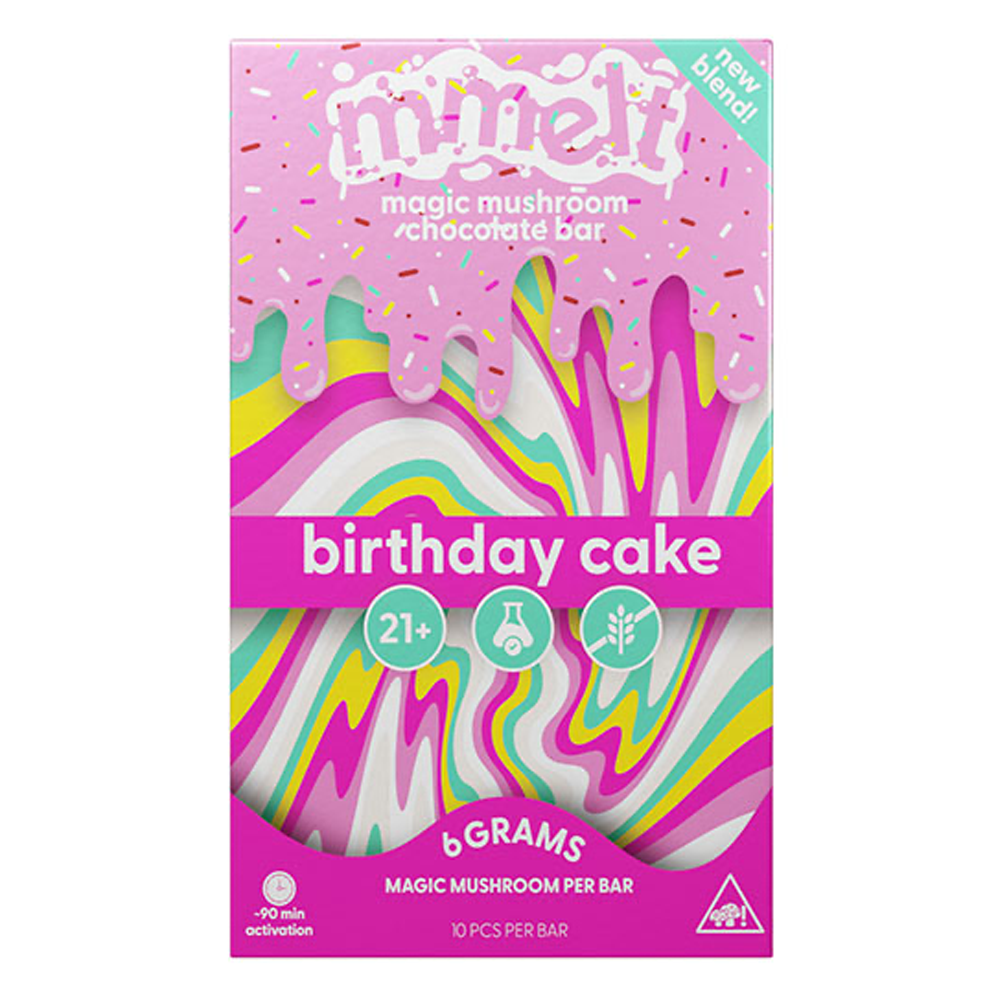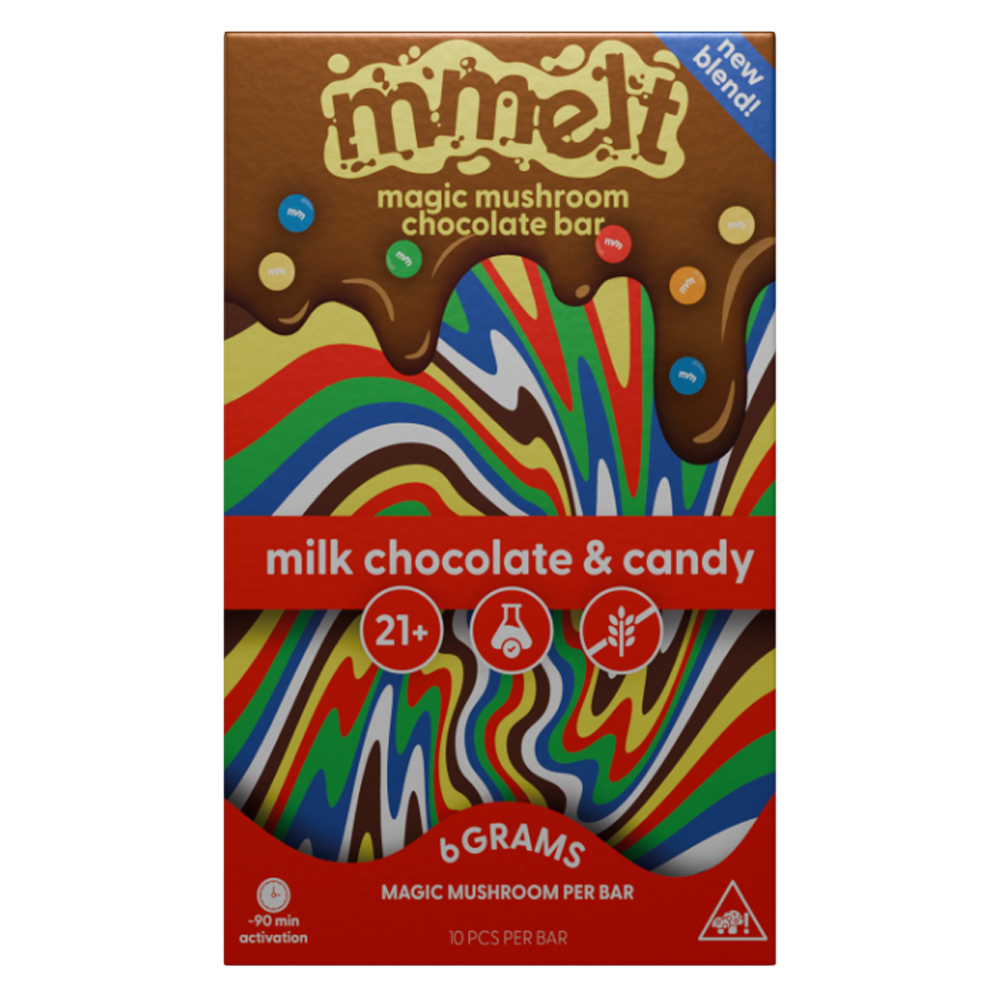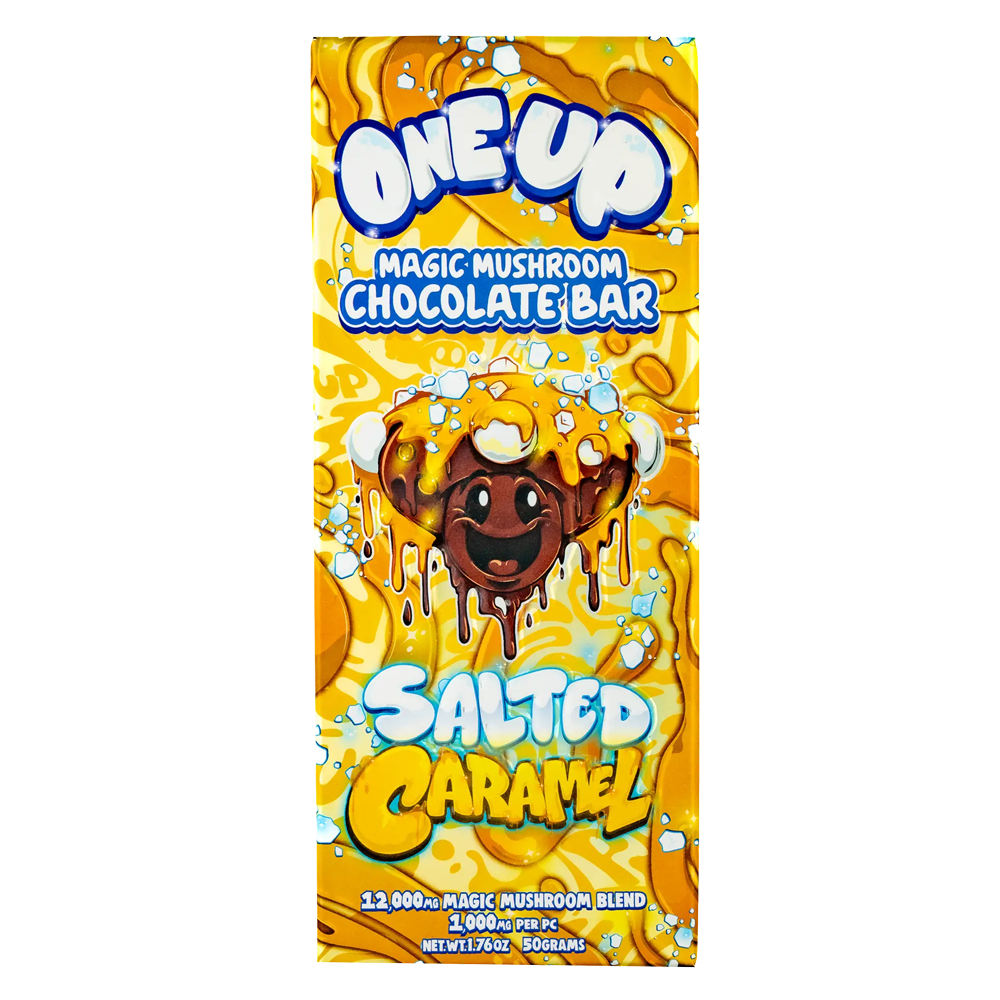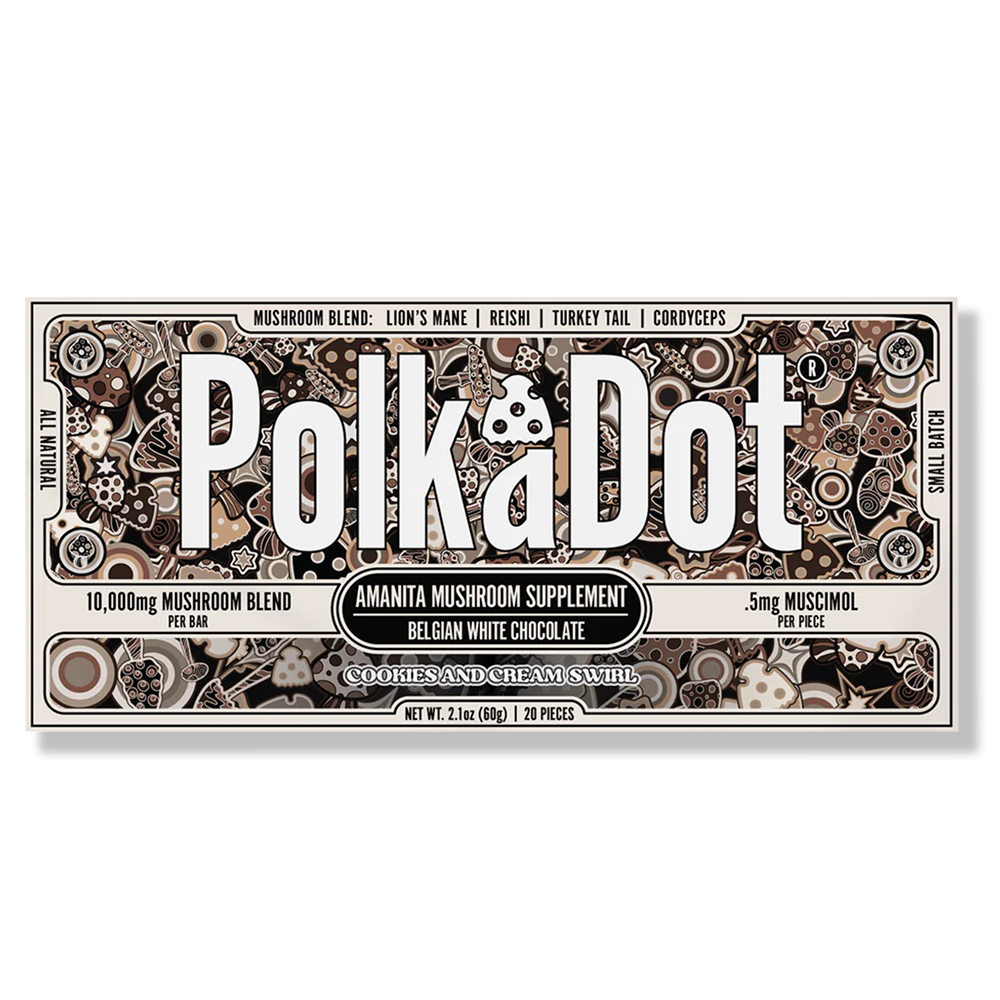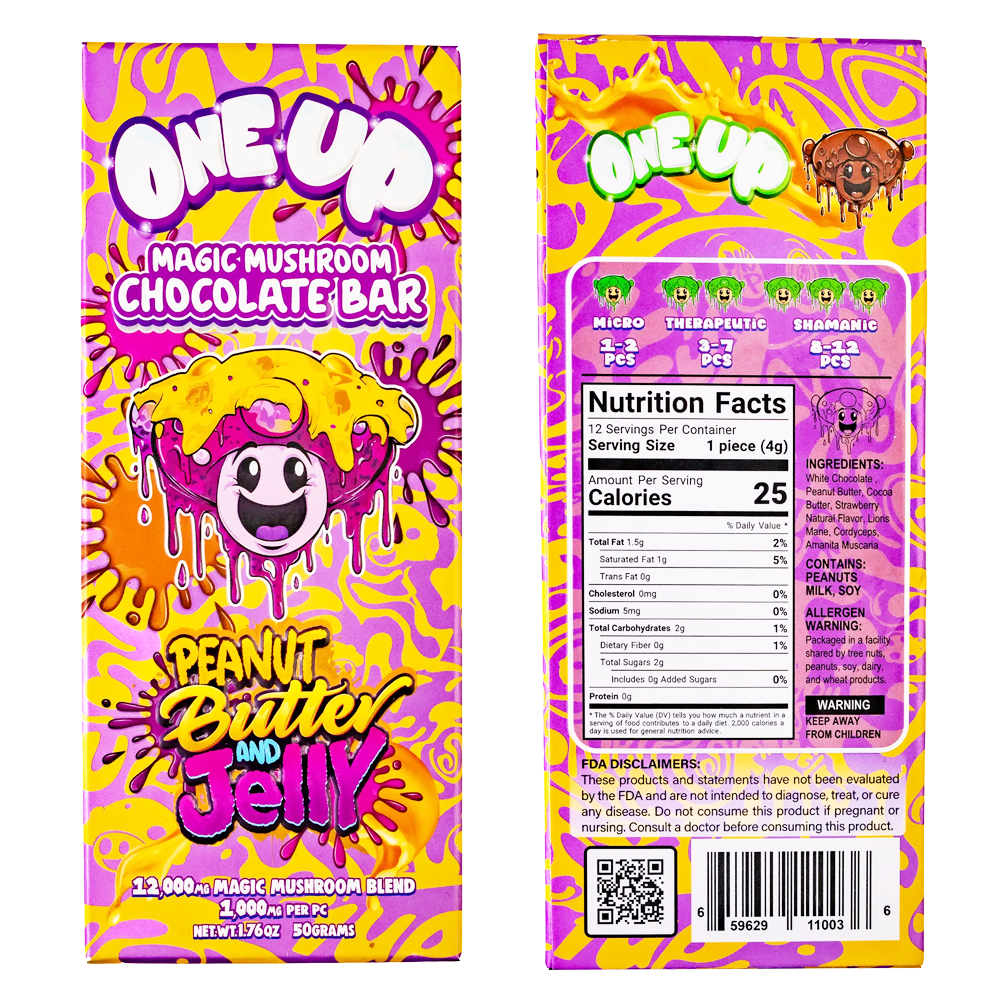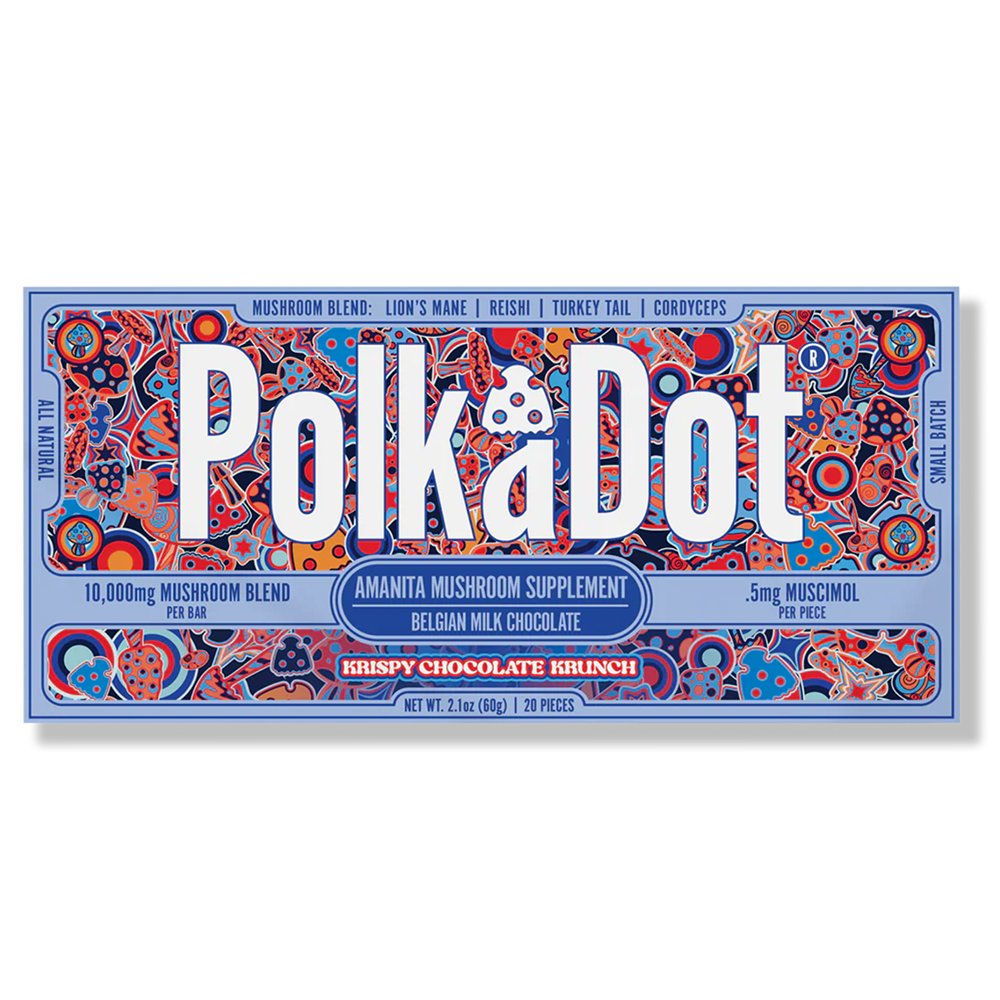Magic mushrooms, also known as psilocybin mushrooms, have captivated human curiosity for centuries. Whether used in ancient rituals or modern recreational settings, these naturally occurring fungi are known for producing powerful hallucinogenic effects that alter perception, mood, and cognition. With their recent rise in popularity—fueled in part by the psychedelic renaissance and a surge in decriminalization efforts—many curious minds are wondering just how safe these mushrooms really are. And with that curiosity comes a pressing question: Can you overdose on magic mushrooms?
The short answer? It’s complicated. While psilocybin mushrooms are generally considered low in toxicity and non-lethal, especially compared to many other substances, they are not entirely risk-free. Psychological distress, disorientation, and even medical emergencies can result from excessive consumption, even if fatal overdoses are virtually unheard of. This blog will explore the science behind psilocybin, the realities of “overdosing,” and everything you need to know to make informed, safe decisions about magic mushrooms.
Let’s break it all down, piece by piece.
What Are Magic Mushrooms?
Magic mushrooms refer to over 180 species of fungi that naturally produce psilocybin, a psychedelic compound that alters brain chemistry to create a wide array of effects. The most commonly consumed variety is Psilocybe cubensis, but other well-known types include Psilocybe semilanceata (Liberty Caps), Psilocybe cyanescens, and Psilocybe azurescens.
When ingested, psilocybin is converted into psilocin, the compound responsible for the psychedelic effects. This transformation occurs in the liver and bloodstream shortly after use of magic mushrooms. Unlike other drugs (think: synthetic), magic mushrooms come straight from nature—although psilocybin is now also being synthesized for medical research and therapeutic use. Whether taken as dried caps, brewed in tea, or encapsulated in microdose pills, magic mushrooms contain a powerful compound that can dramatically alter consciousness.

How Do Magic Mushrooms Work?
Once inside the body, psilocybin is rapidly converted into psilocin, which crosses the blood-brain barrier and binds primarily to the 5-HT2A serotonin receptors. This interaction causes a cascade of changes in brain activity, leading to altered sensory perception, emotional shifts, and even ego dissolution. Many users describe a heightened sense of connectivity, visual hallucinations, and a distorted sense of time and space.
Studies using brain imaging technology show that psilocybin reduces activity in the brain’s default mode network (DMN)—a region associated with self-referential thinking and the sense of ego. This reduction in DMN activity is believed to contribute to the feeling of unity or ego death that some users experience. Essentially, magic mushrooms change the way your brain talks to itself, resulting in an entirely altered state of consciousness.
What Is an Overdose, Technically?
To understand whether you can overdose on magic mushrooms, it’s important to define what an overdose actually is. In medical terms, an overdose occurs when a person consumes a toxic amount of a substance, leading to harmful adverse effects that may result in death or long-term damage. Overdoses are most commonly associated with illicit drugs like opioids, alcohol, or stimulants, where the dosage threshold between a therapeutic or recreational dose and a lethal one is relatively small.
With psilocybin, the concept of an overdose is a bit murkier. While you can certainly take too much and experience intensely negative effects, the threshold for a fatal overdose is extremely high—so high, in fact, that it’s almost impossible to reach through typical recreational use. However, taking a very large dose can still lead to serious psychological distress and put you at risk of accidental harm.
Can You Fatally Overdose on Magic Mushrooms?
Here’s the million-dollar question: can you die from eating too many magic mushrooms? Based on current research and clinical data, the answer appears to be no—not from the psilocybin itself. Studies have attempted to determine the LD50 (lethal dose for 50% of subjects) for psilocybin, and the number is staggeringly high. In animal models, the LD50 is estimated to be over 280 milligrams per kilogram of body weight, which translates to consuming multiple pounds of dried mushrooms for a human adult. That’s an unrealistic and practically impossible amount to ingest.
There are no verified cases of death from psilocybin toxicity alone in humans. Most reported fatalities involving magic mushrooms were due to misidentified toxic mushrooms, accidents during a trip (like falling from a height), or underlying mental health disorders exacerbated by the psychedelic experience. This doesn’t mean high doses are safe or advisable—it simply means that psilocybin is not toxic in the traditional sense.
Hallucinogenic Mushroom Toxicity: Fact vs. Myth
One of the biggest myths about ingesting psilocybin mushrooms is that they’re inherently dangerous or deadly. Pop culture and media sensationalism often depict psychedelics as mind-melting substances that can cause people to jump off buildings or go insane. While these narratives may have roots in rare events, they don’t reflect the broader scientific consensus.
Psilocybin is considered non-toxic to the body at typical doses, and even relatively high doses are unlikely to cause physical harm. The real risks lie in psychological effects and poor decision-making while under the influence—not in the compound’s chemical makeup. On the other hand, confusing psilocybin mushrooms with truly toxic mushrooms like Amanita phalloides can lead to severe mushroom poisoning or death. Knowing what you’re taking is crucial.
Can You Have a “Bad Trip” That Feels Like an Overdose?
Yes, and this is where the confusion often sets in. A “bad trip” can be emotionally intense, frightening, and disorienting, to the point that it feels like something is medically wrong—even if it’s not. Users may experience a sense of impending doom, overwhelming fear, or complete dissociation from reality.
These psychological effects can mimic the sensation of overdosing. Common experiences include:
- Panic attacks
- Intense anxiety
- Paranoia
- Confusion or depersonalization
- Fear of dying or going insane
While these symptoms are temporary and not inherently dangerous, they can feel all-consuming in the moment. If you or someone you’re with is having a bad trip, creating a calm, safe environment and offering reassurance can make a big difference.

Common Physical Symptoms of High Doses
Although magic mushrooms don’t usually cause physical harm, high doses can lead to noticeable physical symptoms. These include:
- Nausea and vomiting (especially if raw mushrooms are consumed)
- Dilated pupils
- Increased heart rate and blood pressure
- Dizziness or lack of coordination
- Sweating or chills
- Restlessness or tremors
These symptoms can be uncomfortable and unsettling, especially for inexperienced users, but they are rarely dangerous on their own. Most physical effects subside as the psychedelic effects wear off, typically within 4 to 6 hours.
What Happens in a Psilocybin “Overdose” Scenario?
In the rare instance someone consumes a very high dose of psilocybin—say, 10 grams or more of dried mushrooms—they may experience a deeply altered state of consciousness that borders on psychosis. This isn’t an overdose in the conventional sense, but it can be extremely disorienting.
Users might:
- Lose track of time completely
- Experience vivid visual and auditory hallucinations or synesthesia
- Feel disconnected from their body or surroundings
- Undergo ego dissolution
- Exhibit erratic behavior or emotional instability
These experiences can be so intense that the person may require medical or psychiatric assistance, especially if they become a danger to themselves or others. Hospitalization might be necessary—not because of toxicity, but due to the psychological intensity.
Psychological Risks of Taking Too Much
The brain is a sensitive instrument, and flooding it with an excessive amount of psilocybin can trigger mental health issues—especially in individuals predisposed to conditions like schizophrenia, bipolar disorder, or severe anxiety. Even in otherwise healthy individuals, high doses can leave lingering psychological effects.
Some potential risks include:
- Derealization or depersonalization
- Flashbacks (hallucinogen persisting perception disorder, HPPD)
- Anxiety disorders
- PTSD-like symptoms from traumatic trips
Again, these effects are rare but possible, especially with irresponsible use or inadequate support during the experience.
Physical Safety: Is Your Body in Danger?
Here’s the good news: your body is surprisingly resilient to psilocybin. Unlike substances that depress the respiratory system (like opioids) or damage organs (like alcohol), psilocybin doesn’t impair the body’s vital functions. It doesn’t cause liver toxicity, cardiovascular collapse, or permanent brain damage.
In fact, the National Institute on Drug Abuse (NIDA) classifies psilocybin as having a relatively low toxicity profile. The most common physical complaint is nausea—and even that usually passes without medical intervention. So while the mind may go on a wild ride, the body generally remains intact.

Can You Die from Eating the Wrong Mushroom?
Yes—and this is a danger that shouldn’t be underestimated. Not all mushrooms are created equal. Mistaking toxic mushrooms for psilocybin-containing mushrooms can result in severe poisoning or death. Some deadly species, like Amanita phalloides (a.k.a. Death Cap), can look deceptively similar to hallucinogenic mushrooms.
Toxic mushrooms can cause:
- Liver and kidney failure
- Seizures
- Coma
- Death
Always obtain magic mushrooms from a reliable source or grow them yourself (legally, if allowed). Foraging without expert knowledge is extremely risky and not recommended.
Interactions with Other Substances
While psilocybin on its own is relatively safe, combining it with other substances can change the equation. Polydrug use increases the risk of unpredictable effects, both physically and psychologically.
Common risky combos include:
- Alcohol: Can increase nausea, confusion, and dehydration
- Cannabis: May intensify hallucinations and paranoia
- SSRIs or MAOIs: May blunt or dangerously enhance effects; possible serotonin syndrome
- Other psychedelics: May overwhelm the brain with too much sensory input
Avoid mixing substances unless you fully understand the interactions and have a safe environment.
Can You Build a Tolerance to Psilocybin?
Yes, and quite quickly. Psilocybin tolerance develops after just one use and can significantly reduce the effects of subsequent doses taken within a short time frame. This is due to the downregulation of serotonin receptors.
However, there are no withdrawal symptoms or cravings associated with stopping use. Unlike many addictive substances, psilocybin does not lead to physical dependence, which is part of what makes it so unique.
Long-Term Effects of Repeated High Doses
Taking magic mushrooms frequently or in high doses may have cumulative effects, although the science is still developing. While many users report positive long-term benefits such as enhanced creativity, reduced depression, and increased mindfulness, others may experience negative outcomes.
Potential long-term effects include:
- Cognitive fog
- Difficulty integrating intense experiences
- Emotional instability
- HPPD (in rare cases)
Using psilocybin therapeutically, in moderation, and with intention greatly reduces these risks. However, it’s important to keep in mind that if you struggle with substance abuse, it may be best to steer clear of magic mushroom ingestion.

Accidental Overdoses: How They Happen
Accidental overdoses are typically the result of:
- Mushroom misidentification
- Incorrect dosage due to variation in potency
- Underestimating delayed onset and redosing too early
Products like chocolate bars or capsules may not have clearly labeled dosages, making it easier to ingest more than intended. Always start with a low dose and wait at least 90 minutes before deciding to take more.
What to Do If You Take Too Much
If you or someone else takes too high a dose:
- Stay calm: Panic worsens the situation
- Create a safe environment: Remove sharp objects, limit stimuli
- Use grounding tools: Breathing exercises, calming music
- Have a trusted sitter: Someone sober can help guide the experience
Seek medical help if there are signs of psychosis, suicidal thoughts, or extreme disorientation.
Are There Any Documented Deaths from Psilocybin Overdose?
To date, there are no documented deaths from psilocybin toxicity alone. When fatalities occur, they’re almost always due to indirect causes: accidents, falls, or consuming poisonous mushrooms by mistake.
This is an important distinction. Psilocybin itself isn’t lethal—but poor decision-making during a trip can be. The safest way to use magic mushrooms is in a controlled, supportive environment with full knowledge of dosage and effects.
Safe Use Practices and Harm Reduction Tips
To reduce the risk of psychological or physical harm:
- Start low: 1-2 grams for beginners
- Use in a safe space: Comfortable, familiar environment
- Have a sitter: Especially for high doses or first-time use
- Avoid mixing: Stick to psilocybin alone
- Research your source: Make sure what you’re taking is safe and authentic
Harm reduction isn’t about encouraging use—it’s about making informed decisions that prioritize safety.
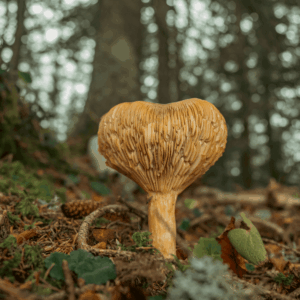
Conclusion: Can You Overdose on Magic Mushrooms?
So, can you overdose on magic mushrooms? The answer is nuanced. While it’s virtually impossible to die from psilocybin toxicity, taking a high dose can still lead to a deeply unsettling or even dangerous experience. Psychological distress, accidental injuries, or poor decision-making are real risks—even if your organs are safe from harm.
Understanding the difference between a toxic overdose and a psychological overload is crucial. When used responsibly, with respect for set, setting, and dosage, psilocybe mushrooms can offer powerful insights and emotional healing. But like any powerful substance, they demand mindfulness and education.
Whether you’re a curious newbie or have plenty of previous magic mushroom experience, the key takeaway is this: know what you’re taking, how much you’re taking, and why you’re taking it. Because while psilocybin may not kill you, ignorance just might.
Frequently Asked Questions
1. Can you die from taking too many magic mushrooms?
Not from the psilocybin itself. The lethal dose of psilocybin is extremely high—far beyond what a person could reasonably consume. However, death can occur from indirect causes like misidentifying and ingesting a toxic mushroom, or engaging in dangerous behavior while under the influence. Psilocybin toxicity alone has never been definitively linked to a fatal overdose in humans.
2. What does a “bad trip” feel like, and is it dangerous?
A bad trip can involve overwhelming fear, paranoia, panic attacks, confusion, or a feeling of losing control. While these effects can be terrifying, they’re usually temporary and not physically harmful. That said, someone experiencing a bad trip may be at risk of harming themselves accidentally or making irrational decisions, so it’s important to use in a safe, supportive environment.
3. How much is too much when it comes to magic mushrooms?
For beginners, anything over 2.5 grams of dried Psilocybe cubensis can be intense. A dose of 5 grams or more is considered a “heroic dose” and should only be attempted by experienced users in a controlled setting. While you may not overdose in the traditional sense, higher doses greatly increase the risk of psychological overload, disorientation, and unpleasant or dangerous experiences.
4. What should I do if someone takes too much psilocybin?
Stay calm, keep the person in a safe and quiet environment, and offer reassurance. Avoid overwhelming them with noise or stimulation. If they become aggressive, suicidal, or completely detached from reality, seek emergency medical treatment immediately. Having a sober trip sitter on hand is one of the best safety measures you can take.
5. Are magic mushrooms physically addictive?
No, psilocybin mushrooms are not physically addictive. They don’t cause cravings, withdrawal symptoms, or compulsive use. In fact, tolerance builds quickly, making frequent use less effective. Most people space out their trips by weeks or months. While psychological dependence is possible, it’s rare and typically tied to underlying mental health issues.





